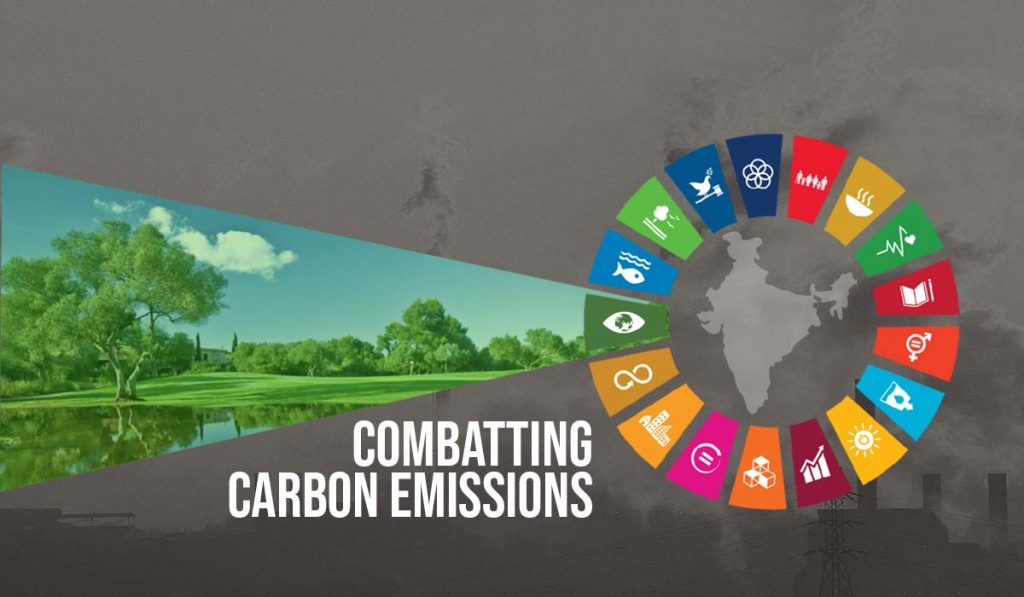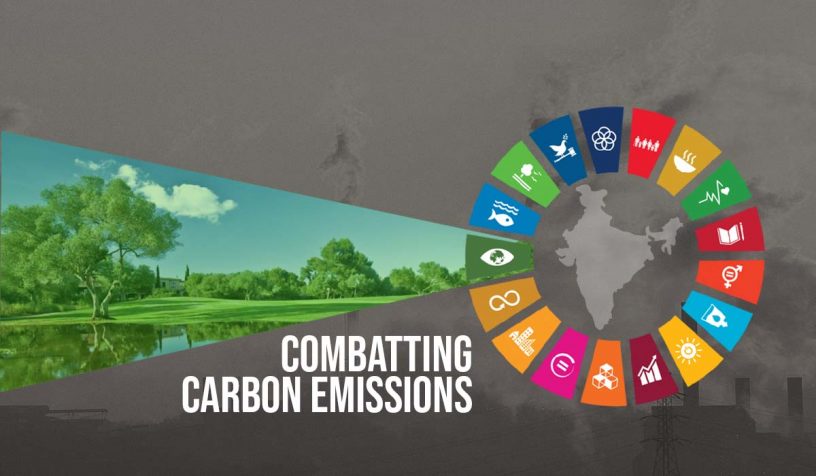
The paper analyses and assesses India’s response towards combatting carbon emissions.
Authors
Deepika Mann, Doctoral Research Fellow, Jindal School of International Affairs, O.P. Jindal Global University, Sonipat, Haryana, India.
Arjun, Doctoral Research Fellow, Jindal School of International Affairs, O.P. Jindal Global University, Sonipat, Haryana, India.
Jasmeet Kaur Lamba, Professor, Jindal School of International Affairs, O.P. Jindal Global University, Sonipat, Haryana, India.
Summary
The Sustainable Development Goals (SDGs) is a blueprint conceived by the United Nations, that aims to establish a sustainable global order for the future of humanity, by the year 2030. Aligning its course with the sustainable agenda, India has been relentlessly working towards achieving its goals even before the inception of the SDGs.
The objective of the paper is to analyse and assess the country’s response towards combatting carbon emissions as India is the world’s third largest greenhouse gases emitter after China and the United States (US) while according to the World Bank Study, India will continue to be a low-carbon economy.
Furthermore, the paper will dwell upon the operationalisation of various schemes and policies introduced by India, to help achieve its sustainable vision. In the process of scrutinizing these policies, the paper shall attempt to rectify the downsides of the same and seek to identify a viable and implementable solution to the existing module and through a mixed-method approach, attempting to understand the nature and process of implementation of the policies using record keeping.
For the purpose of seeking a holistic understanding of the subject, this study has inducted a narrative research through the use of secondary data by referring to documents and reports to interpret the past and current developments in India related to the SDGs and the Paris Pledge.
In conclusion, if India could achieve a successful template for a sustainable national order, it could inspire not only the regional member countries but also help the global community, towards building a sustainable global architecture for the betterment of the future of mankind and controlling the impacts of climate change.
Published in: Ecology, Environment and Conservation
To read the full article, please click here.


